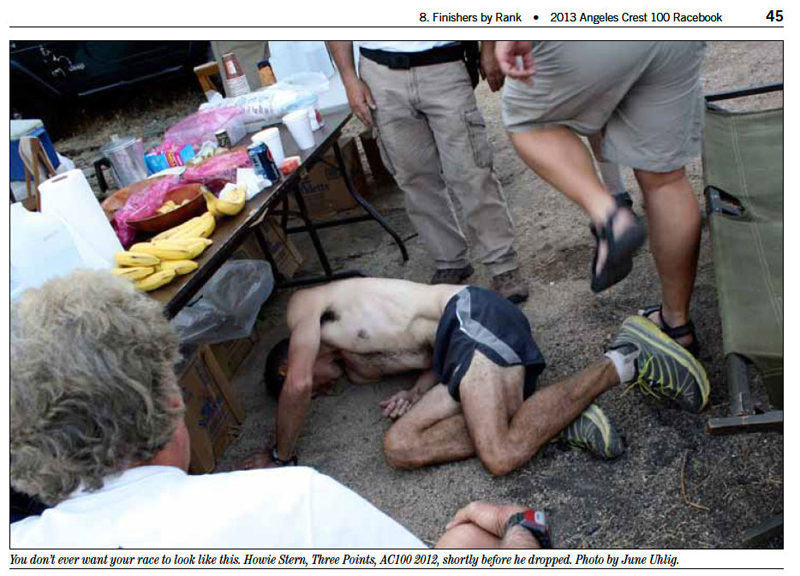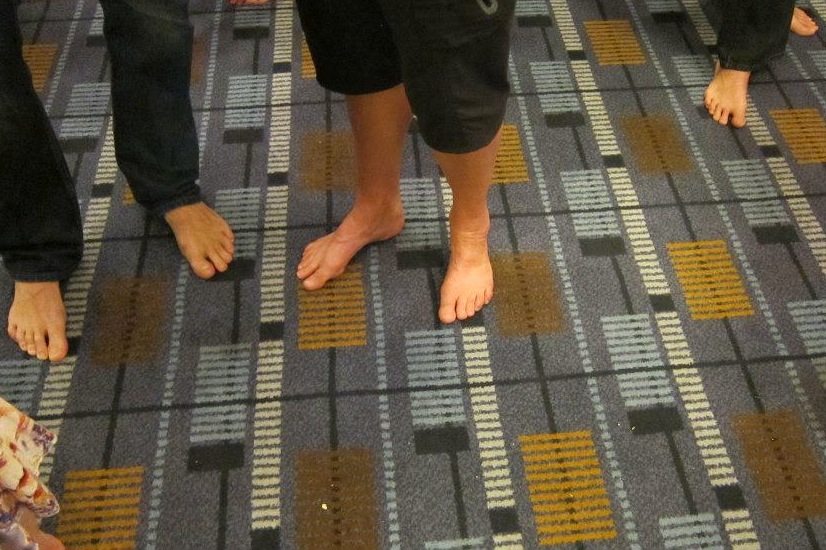Part One of several posts about how health care can be a heck of a lot better in this country.
It’s about the least surprising thing to say when talking about health and medicine in the western world: it’s totally fucked up. The system doesn’t serve people in the best way for their health, opting instead in many cases for pure survival. And that’s just the actual medical establishment, the place folks end up when something is going really wrong, whether it’s emergency trauma or the culmination of a chronic illness.
The pieces of health are not just what it takes to not “spend your last 10 years in a diaper and a wheelchair” (a genius post by Chris Kresser, who lured me into a lot of this research about 5 years ago by those very words). No, the pieces of health are far larger than just showing up at the doc’s office or the hospital when things are really wrong (or even just somewhat painful).
Emergency medicine in our society is extremely effective (and expensive), so if you are in a car crash, even if you don’t have money, you can and will get “fixed”. That means you’ll have bones pinned together, skin sewn up, fluids replaced, and (hopefully) infections prevented or addressed.

Original source: Broken Heart Source Image
But even if you are faced with a relative trauma, the current state of the system can take down to slivers the savings of most average adults. Take, for example, something that happened just a few days ago at a massive health conference in Austin, TX called Paleo f(x). Darryl Edwards, one of the activity gurus, ended up with a mis-timed head butt and split open his eyelid. He didn’t think it would need intervention at first, but then he was convinced it wasn’t just a scratch by folks who kept noticing the bleeding gash.
Once he finally figured out that he really did need stitches, someone wanted him to get an ambulance. BUT. Because Darryl is from the UK, an ambulance would be about $4K right out of his pocket. Ok, so he should find someone to drive him to the ER. BUT. Emergency rooms have pretty long wait times. It was suggested, “go to urgent care”. Finally, word got around to the wife of a local dermatologist. He was taken right to their office and was taken care of, sewn right up to the tune of 25 stitches as a favor to a fellow health guru for no charge. The dermatologist told him that it would normally cost about $12K. TWELVE THOUSAND DOLLARS.
Even before the ambulance when it was looking like $4K out of his pocket, Darryl considered getting on a first class plane back to UK so that he could walk into a local doc and get things taken care of for free. The fact that someone without insurance considers a transatlantic flight in order to NOT spend about $16K on stitches is, a little, crazy.
In the next few blog posts I’ll go from panic-inducing examples like this to somewhat of a means to a solution. It involves the word OWNERSHIP. And we’ll get there.


